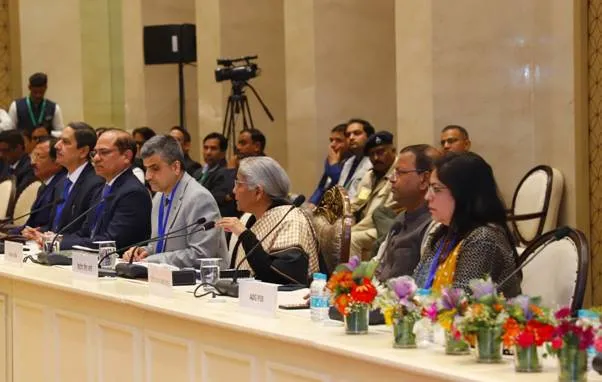India introduced the Goods and Services Tax (GST) as a major reform under the slogan “One Nation, One Tax.” However, after seven years, GST still faces challenges in simplifying the tax system. Despite the initial promise, it has yet to fully resolve issues related to taxes on various goods and services.

Confusion Over GST on Popcorn and Other Goods
A recent GST Council meeting shifted focus to imposing taxes on popcorn, with rates varying significantly. Ready-to-eat popcorn with masala has a 5% GST, pre-packed and labeled popcorn attracts 12%, while caramel popcorn is taxed at 18%. This inconsistency in GST rates has led to criticism of the government’s approach, highlighting a lack of clarity in its implementation.
GST Collection and Economic Impact
In the 2023-2024 fiscal year, GST collections accounted for 6.86% of India’s GDP, a slight improvement over the previous year’s 6.72%. While this shows progress, there is a pressing need to rationalize tax rates, reduce slabs, and address ambiguities in product classification to increase GST’s credibility and performance.

The Need for Tax Simplification
Simplifying tax slabs and clarifying product categories are key to improving GST’s efficiency. The popcorn tax controversy is just one example of the confusion that undermines trust in the system. The varying tax rates on different types of popcorn illustrate the need for clearer guidelines and better standardization within GST.
The Debate on Simplifying GST
The argument that caramel popcorn, which contains added sugar, should be taxed differently than regular snacks raises concerns about inconsistent taxation. The GST Council must prioritize structural reforms that ensure fairness and transparency in its tax policies. The growing public dissatisfaction reflects the complexity and confusion inherent in the current system.

Opposition Criticism and Calls for Reform
Opposition parties have voiced concerns over rising prices of everyday items, from salt to camphor, due to complicated GST slabs. These decisions often seem to be the result of bureaucratic delays rather than thoughtful policy-making. The resistance to GST decisions highlights the growing public frustration with the system and the need for effective reforms.
